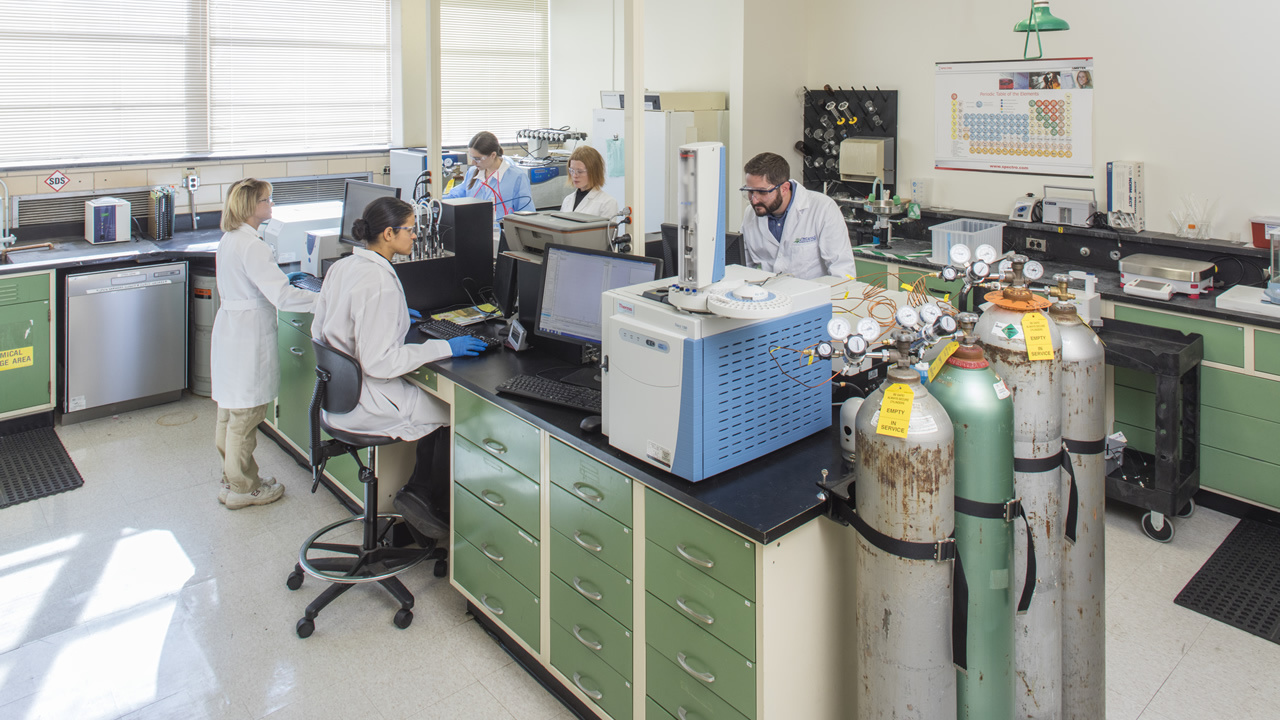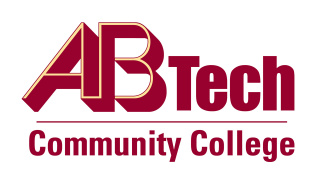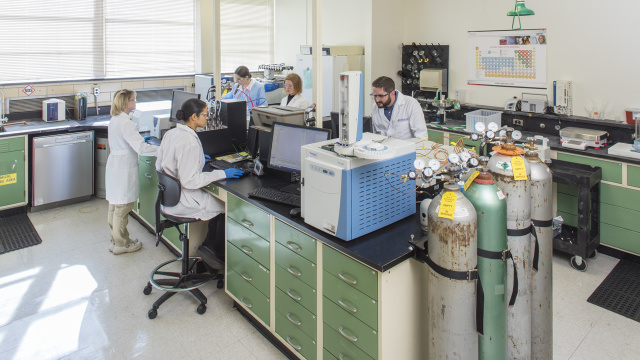Having a sound quality control (QC) system in place and meeting the documentation standards for regulatory compliance can mean gaining familiarity with analytical testing. If you've seen the acronyms TLC, HPLC, or GC on an herbal Certificate of Analysis, but aren't sure exactly what they mean, you aren't alone! In this class, we'll go through some of the test methods commonly used to establish identity, purity, potency, and safety of botanical material. The focus will be more on the principles and the process behind the testing rather than specific regulatory requirements. While some of the material will be technical in nature, the class is intended for an audience of non-scientists.
Laboratory technicians, quality assurance personnel, quality control personnel, herbal product or dietary supplement small business owner/operator
- 21 CFR Part 111
- Designing a testing plan
- Setting specifications
- Selecting an analysis method
- Reference methods
- Method fitness for purpose
- Botanical identity methods
- Testing for impurities
- Constituent analysis
- Questions to ask your contract lab
- Recognize the importance of laboratory testing for complying with current Good Manufacturing Practices.
- Explore analytical methods to establish identity, purity, quality, and strength of herbal material.
- Examine the scope of analytical testing of raw herbal material.
- Identify sources for reference methods and material specifications.
- Interpret a Certificate of Analysis or laboratory report.
Delivered in-person in a classroom or lab setting.
Having a sound quality control (QC) system in place and meeting the documentation standards for regulatory compliance can mean gaining familiarity with analytical testing. If you've seen the acronyms TLC, HPLC, or GC on an herbal Certificate of Analysis, but aren't sure exactly what they mean, you aren't alone! In this class, we'll go through some of the test methods commonly used to establish identity, purity, potency, and safety of botanical material. The focus will be more on the principles and the process behind the testing rather than specific regulatory requirements. While some of the material will be technical in nature, the class is intended for an audience of non-scientists.
Laboratory technicians, quality assurance personnel, quality control personnel, herbal product or dietary supplement small business owner/operator
- 21 CFR Part 111
- Designing a testing plan
- Setting specifications
- Selecting an analysis method
- Reference methods
- Method fitness for purpose
- Botanical identity methods
- Testing for impurities
- Constituent analysis
- Questions to ask your contract lab
- Recognize the importance of laboratory testing for complying with current Good Manufacturing Practices.
- Explore analytical methods to establish identity, purity, quality, and strength of herbal material.
- Examine the scope of analytical testing of raw herbal material.
- Identify sources for reference methods and material specifications.
- Interpret a Certificate of Analysis or laboratory report.


